According to research from the American Academy of Prosthodontists, approximately 50% of the population, around 178 million adults over the age of 18, are missing at least one tooth. Approximately 40 million of those are missing all of their adult teeth. This phenomenon is more common in adults over the age of 64. There are several possible reasons why this is so common.
There are several things you can do to reduce your risk of tooth loss, including:
- Stop smoking and reduce/stop alcohol consumption
- Avoid processed foods
- Minimize sugar intake
- Give up sugary, carbonated beverages
- Practice proper oral hygiene, including preventive dental visits every 6 months
If you have a chronic condition or other risk factors, monitor your oral and overall health and schedule visits with your medical team regularly to detect potential issues before they escalate.
Your permanent, or secondary, teeth are designed to last a lifetime. Unfortunately, for about half of the population, this is not the case. There are several common reasons for tooth loss in adults, including:
Poor Dental Hygiene
You should be brushing your teeth with a soft-bristled toothbrush and non-abrasive toothpaste at least twice daily, and you should floss before bed to remove any food debris from between the teeth. You may also wish to use an alcohol-free mouthwash to further reduce bacteria buildup. In addition, you should visit the dentist every 6 months for a comprehensive exam and cleaning. This allows the dentist to catch any issues before they become a serious problem.
Unfortunately, many adults do not follow these protocols, which causes the development of tooth decay and ultimately, tooth loss.
Traumatic Injury
Trauma, such as automobile accidents, sports injuries, and falls can cause teeth to fall out. In some cases, the tooth is knocked completely out at the time of the injury. Other times, the tooth is damaged and comes out later on.
Gum Disease
Gum disease, often the result of poor oral hygiene, is a condition in which spaces- or pockets- develop between the teeth and gums. Eventually, the gums begin to recede, and the jawbone begins to deteriorate, leading to tooth loss.
There are several stages of gum disease. The first is gingivitis. This is characterized by inflammation and bleeding in the gums. Typically, this stage is reversible by practicing proper oral hygiene habits. However, if left untreated, it can progress into a condition known as periodontitis, which requires extensive treatment.
Missing teeth can lead to many oral and overall health issues such as:
- Difficulty biting/chewing
- Difficulty speaking
- Poor self-confidence
- Additional tooth loss
- Gum disease
Even one missing tooth can perpetuate the cycle. Therefore, it’s important to consider tooth replacement options to mitigate these problems.
Legacy Dental offers Dental Implants, Implant Retained Dentures, Partial Dentures and all-on-4 Dental Implants for People who wish to restore their smile. Our Clinic is located at 1345 E 3900 S STE 116, Salt Lake City, UT 84124.
Give us a Call or Book an appointment for your next dental visit.
We also provide Free Virtual Consultations so you can be certain of your treatment.

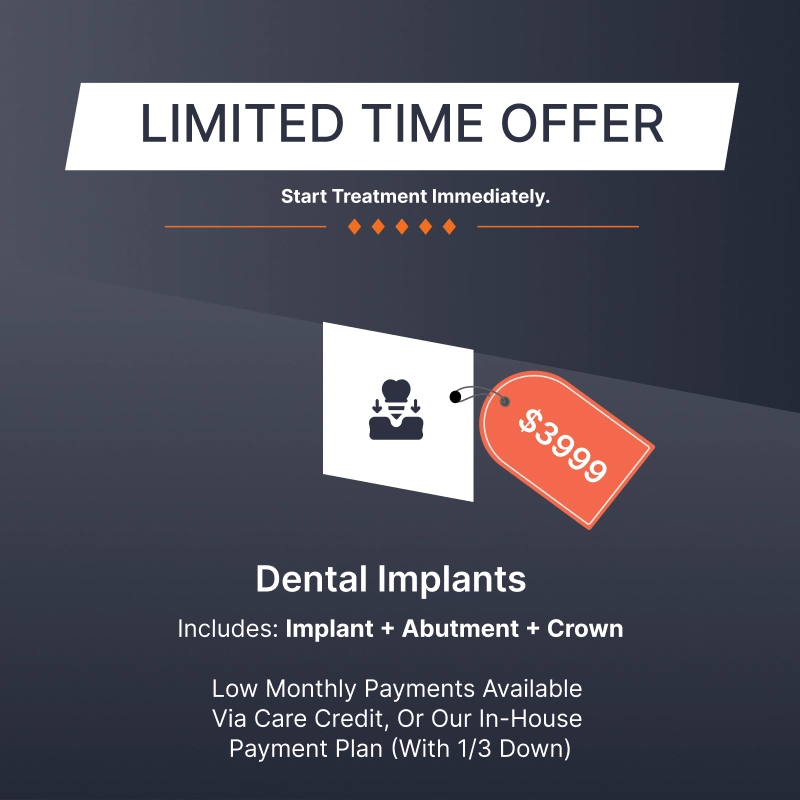

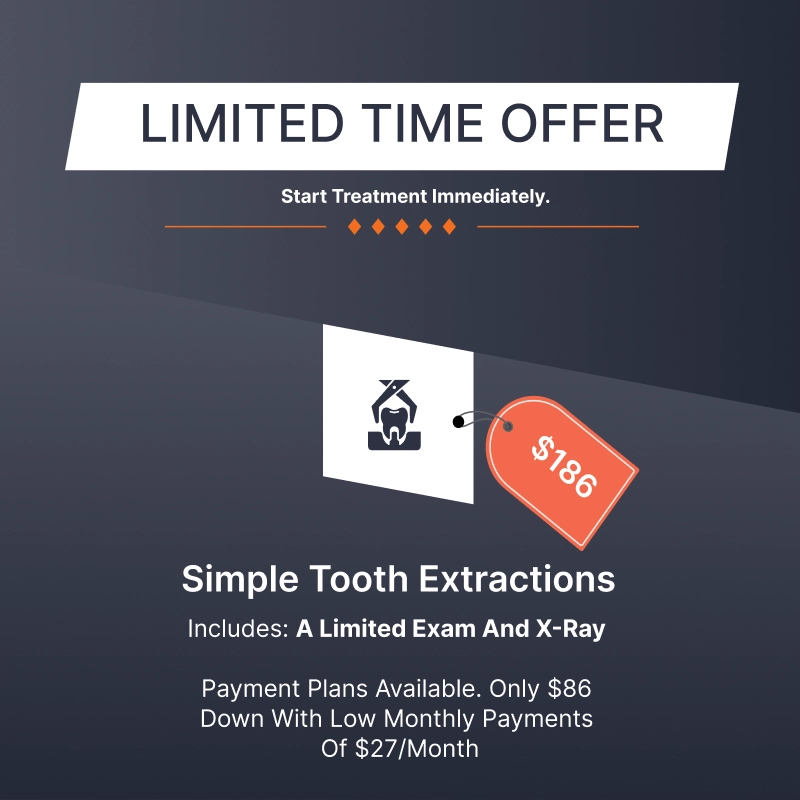
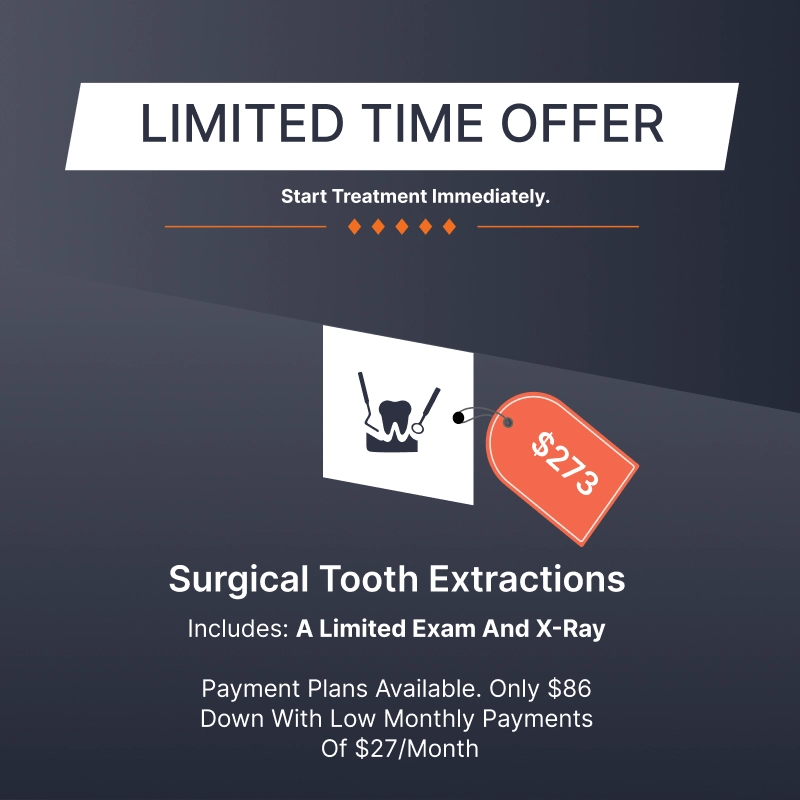
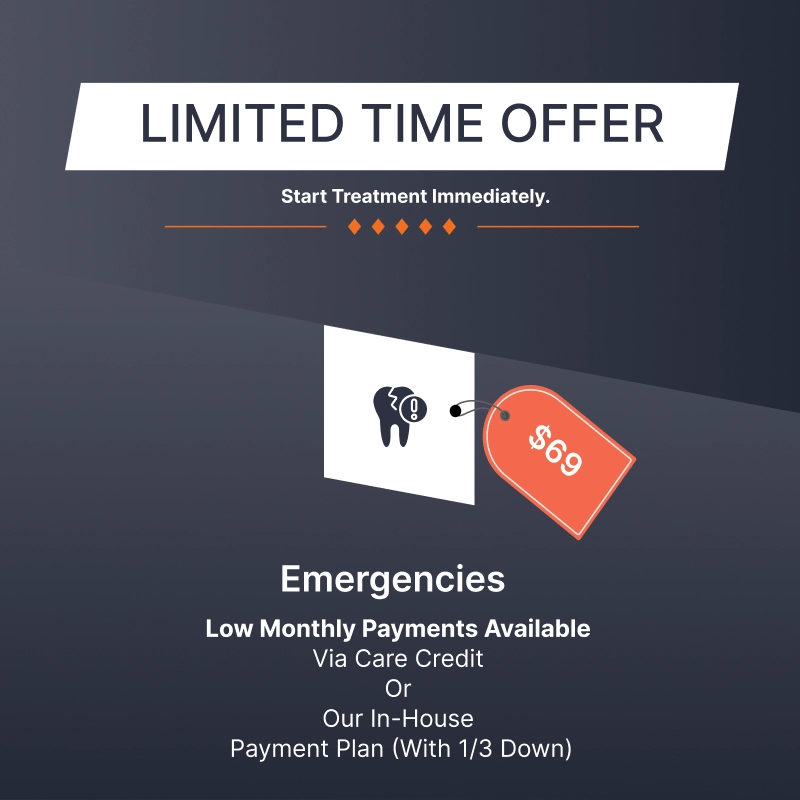
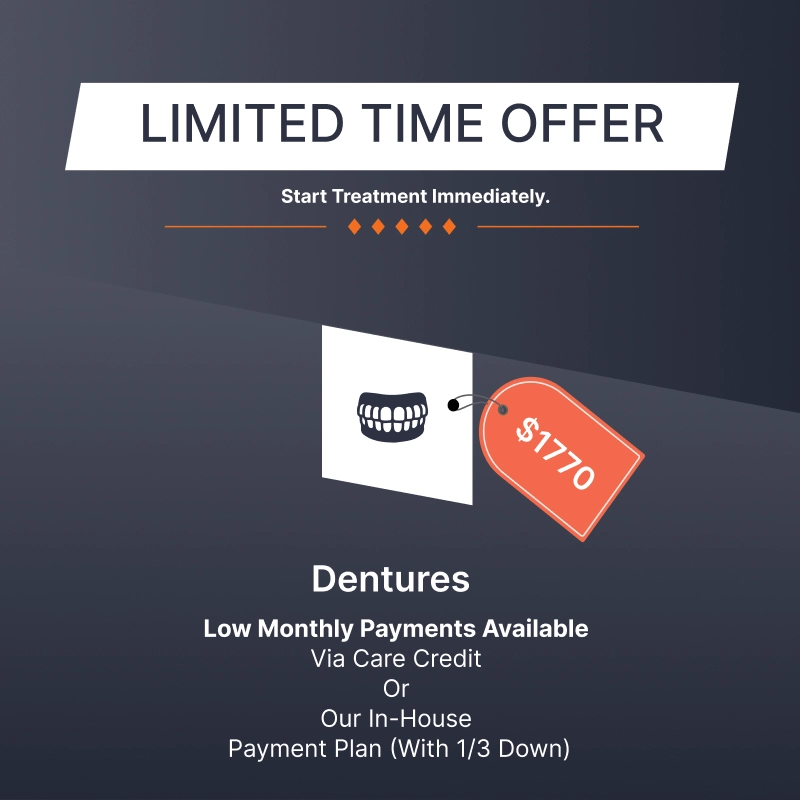
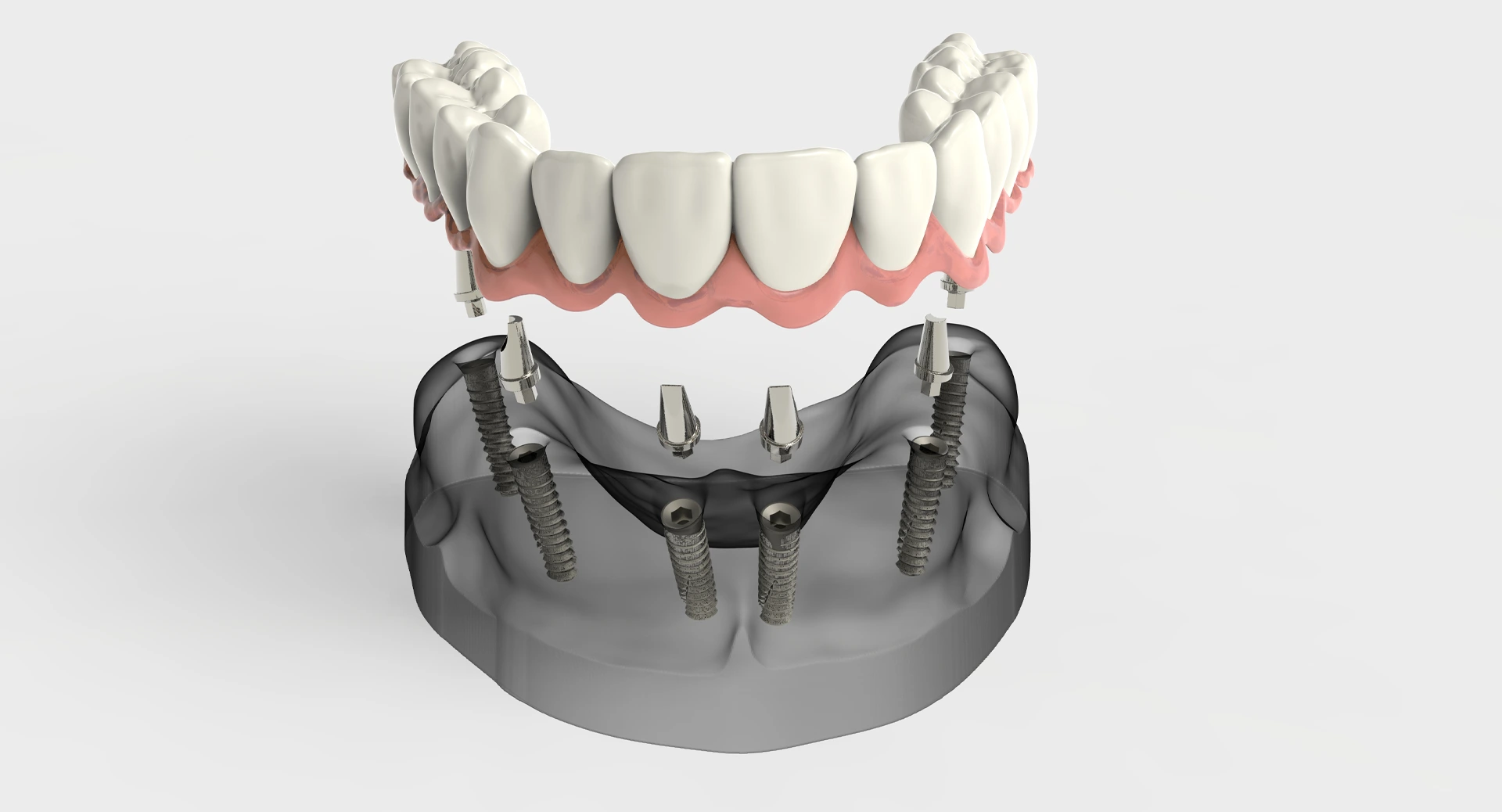
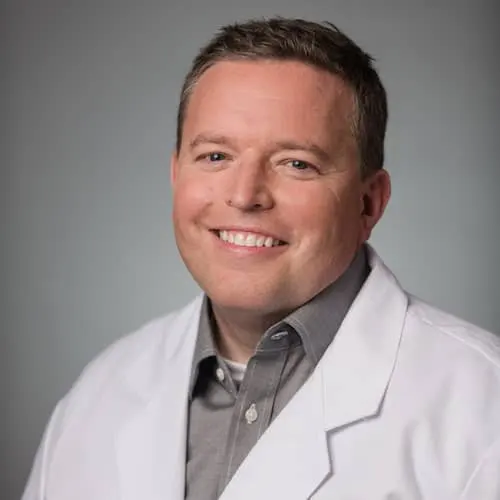
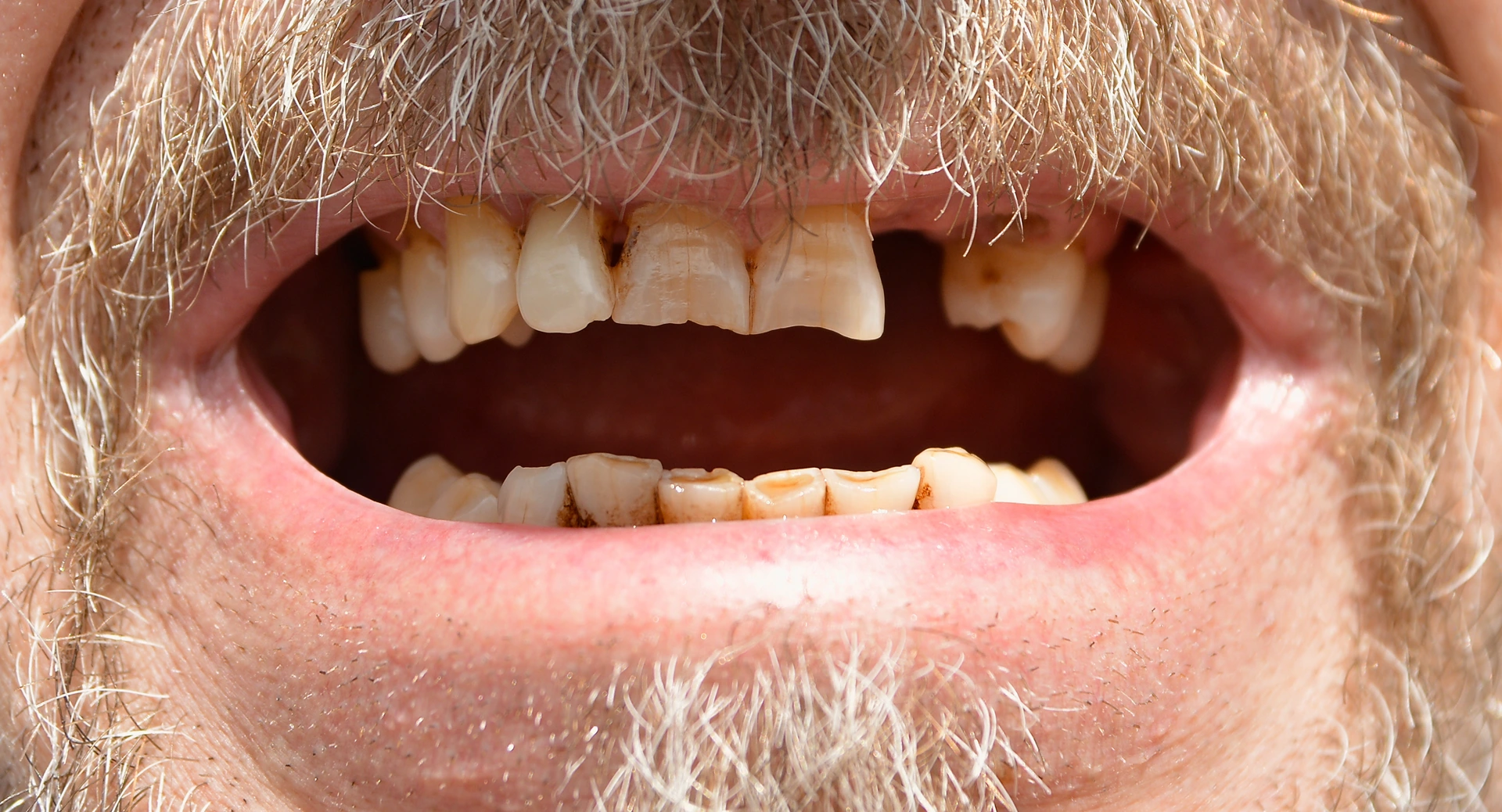
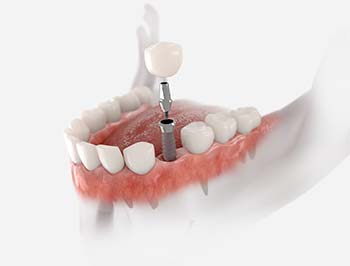 Dental experts consider dental implants to be the “gold standard” of tooth replacement because they look, feel, and function more like natural teeth. The process of getting dental implants usually takes several months to a year or more, depending on how your body heals.
Dental experts consider dental implants to be the “gold standard” of tooth replacement because they look, feel, and function more like natural teeth. The process of getting dental implants usually takes several months to a year or more, depending on how your body heals.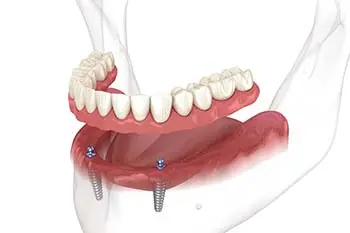 The most common tooth replacement option is conventional dentures because they are the most affordable and, in most cases, dental insurance will pay a portion of the cost.
The most common tooth replacement option is conventional dentures because they are the most affordable and, in most cases, dental insurance will pay a portion of the cost.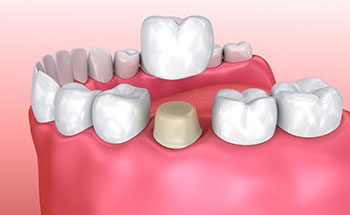 A dental crown is often used to restore a severely damaged tooth. However, it may also be used along with a dental implant to replace a missing tooth. Dental crowns can be porcelain, acrylic, metal, or porcelain-fused-to-metal. Each material has its own advantages and disadvantages.
A dental crown is often used to restore a severely damaged tooth. However, it may also be used along with a dental implant to replace a missing tooth. Dental crowns can be porcelain, acrylic, metal, or porcelain-fused-to-metal. Each material has its own advantages and disadvantages.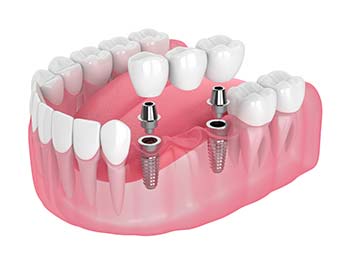 A dental bridge is designed to replace several missing teeth in a row. A traditional dental bridge is secured to the adjacent teeth on each side of the gap with dental crowns. An implant-supported crown requires dental implants to be placed on each side of the gap for the artificial teeth to attach to.
A dental bridge is designed to replace several missing teeth in a row. A traditional dental bridge is secured to the adjacent teeth on each side of the gap with dental crowns. An implant-supported crown requires dental implants to be placed on each side of the gap for the artificial teeth to attach to.